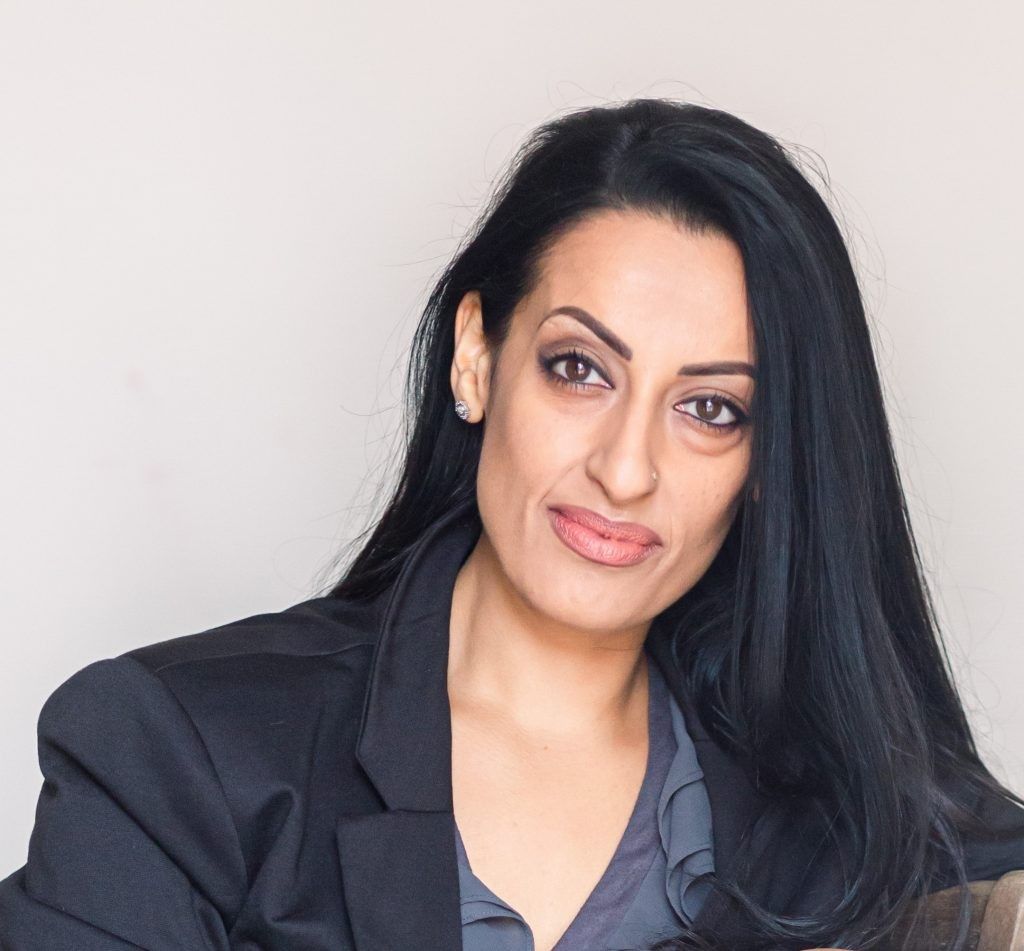EVERY three minutes someone in the UK is diagnosed with dementia – around 210,000 a year – and 25,000 people with dementia are from ethnic minorities.
Dementia is on the rise everywhere, but it’s going to hit ethnic minorities the hardest – with an expected 700 per cent increase in people from south Asian communities being diagnosed by 2050, compared to 100 per cent in the general population.
People from the south Asian community face the same challenges as everyone else, from navigating a broken social care system to working out what benefits and support they are entitled to.
It’s hard to get good support after a diagnosis – Alzheimer’s Society research showed that three in five people didn’t get enough support in the past year, and one in five carers ended up taking their loved one with dementia to A&E to get the help they needed. But people from ethnic minorities face unique challenges in accessing that support, and when they do get it, it isn’t tailored to their needs.
My report on post-diagnostic support for the south Asian community in England last year showed Asians living with or affected by dementia are failed by a lack of culturally inclusive support after a diagnosis. Families are struggling to navigate a system which is outdated and designed for the white British population.
Imagine trying to wrap your head around a life-changing diagnosis of dementia, then being confronted by a complex and often frustrating social care system, in a language which is not your mother tongue. Being handed leaflets in English and offered support from a healthcare worker who doesn’t speak your language or understand your culture leaves many struggling to cope alone, with the burden of care landing with the family.
I’ve heard of care agencies getting confused between different south Asian languages, leaving families frozen out – for example, sending a Punjabi family a Gujarati-speaking care worker. Although there are some similarities with Hindi, Urdu and Punjabi, Gujarati and Bengali are very different languages.
The social care system in this country is broken and we can’t alleviate its inequalities and challenges overnight.
While we continue to work towards truly inclusive care, there is a space for innovation, which can bridge the gap to offer culturally sensitive and inclusive support. The Longitude Prize on Dementia – funded by Alzheimer’s Society and Innovate UK and delivered by Challenge Works – is a new initiative offering £4.34 million in seed funding, development grants and prize money to drive the creation of technology to help people with dementia live independently in their own homes.
This is an opportunity to create tools, apps and solutions which address the unique challenges faced by people with dementia from ethnic minority communities. It’s time to put cultural needs front and centre when developing dementia support.
For example, as someone’s dementia progresses, they might start to speak in a language which even their family can’t understand, if they have grown up in multiple communities. Maybe an app could help to understand which words they use in different languages and translate for their family or healthcare professionals, or even suggest words based on which language they have used for similar words.

Technology could be used to capture a person’s life history and create talking points for reminisce or music therapy, supporting them to live well with their condition.
Healthcare workers also need support to help them engage with people, and this prize could rise to the challenge.
Sadly, many types of technology suffer from ingrained bias right from the start. The Longitude Prize is a chance for innovators to develop new technologies which are appropriate and applicable for everyone, whatever their background. We can only do this by incentivising diverse innovators across a wide range of backgrounds, disciplines and skill sets to channel their efforts on dementia.
So, any new products developed through the prize must consider the cultural implications. The AI behind text prediction could anticipate what someone might be trying to say when they struggle to find the right word, but this can only work if these technologies are able to recognise a range of different languages.
My report called for dedicated link workers who speak a person’s first language to support them after a diagnosis. We still have a long way to go until everyone has access to support like this, and technology isn’t going to be the sole answer. But this prize may be the first step to creating a new market of assistive technologies for an ageing population, either built directly for people from ethnic minority communities or designed with cultural inclusivity in mind.
More information on the Longitude Prize can be found at dementia.longitudeprize.org/how-to-apply/
Dr Karan Jutlla is dementia lead for the University of Wolverhampton and Alzheimer’s Society ambassador
